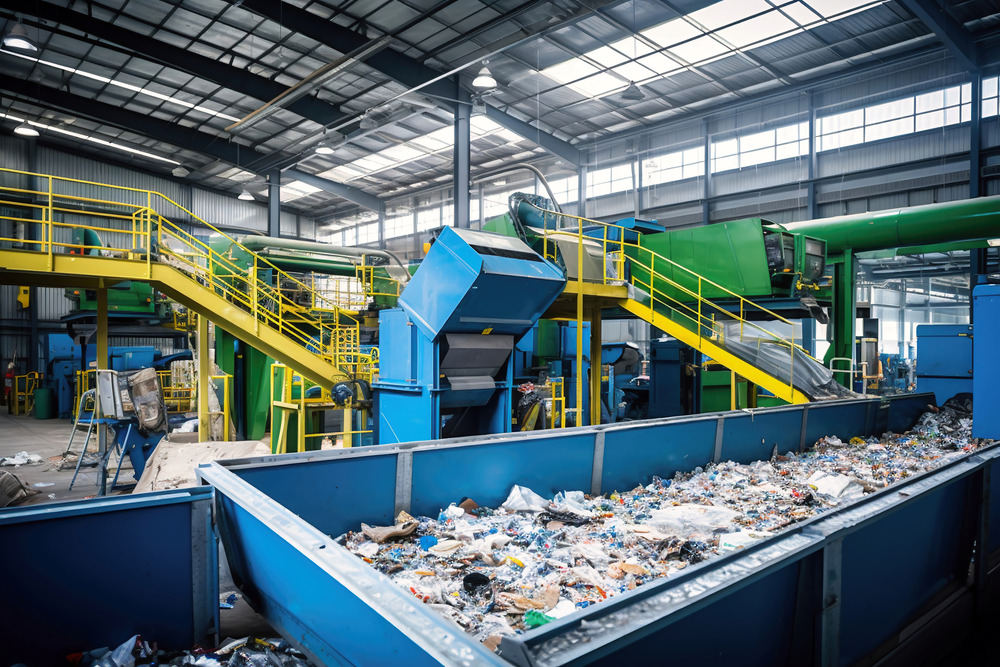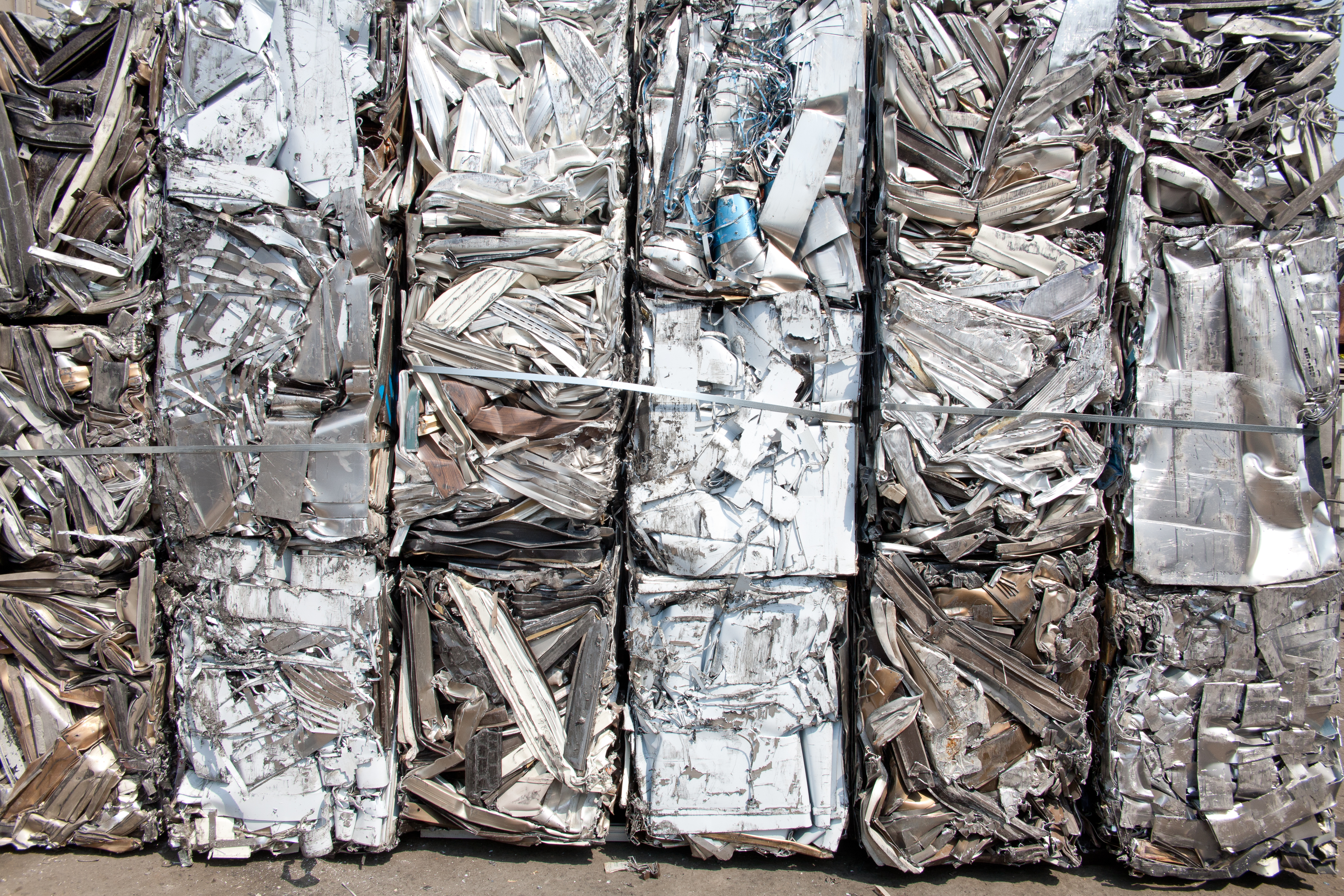Why Recycle?
The need for effective scrap management has never been more pressing. According to the World Bank, global solid waste is projected to increase by 70% by 2050, with a staggering 2.2 billion tons generated annually. In the United States alone, over 75% of waste is recyclable, yet only about 34% is actually recycled. This inefficiency results in valuable resources being lost to landfills, where they contribute to greenhouse gas emissions and further exacerbate climate change.
To combat these issues, it is crucial to adopt comprehensive scrap management strategies. This includes enhancing recycling programs, promoting waste segregation at the source, and increasing public awareness about the importance of recycling. Implementing policies that incentivize recycling and the use of recycled materials in manufacturing can significantly reduce the carbon footprint associated with new material production. Furthermore, developing innovative technologies for waste processing can improve recycling rates and resource recovery. By focusing on scrap management initiatives, we can transform waste into resources, reduce our carbon footprint, and promote a cleaner, healthier environment for future generations. This initiative is essential for fostering a sustainable economy, where waste is minimized, and materials are continually reused and recycled.


